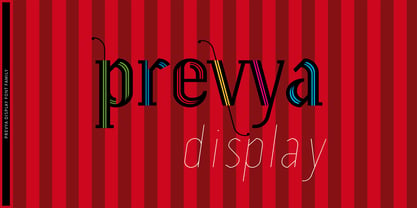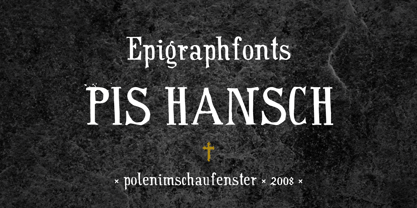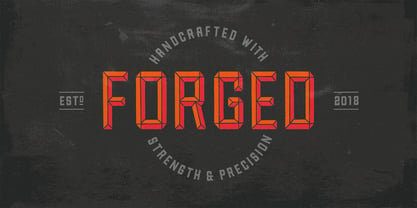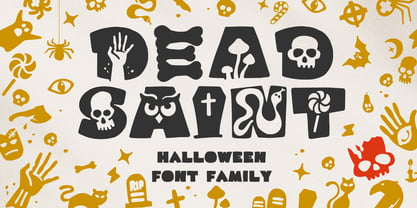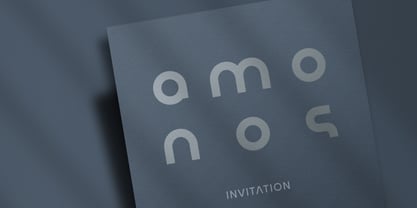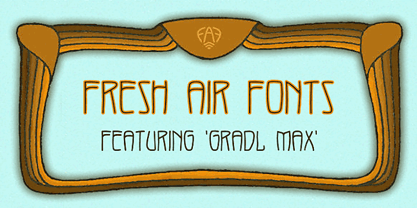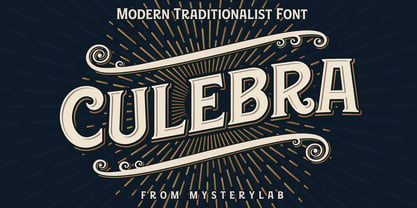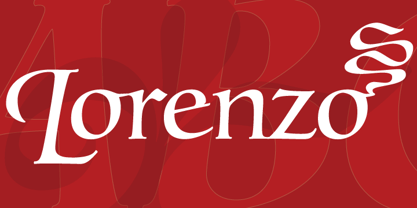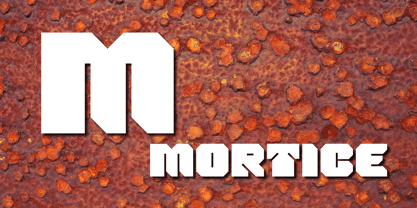10,000 search results
(0.032 seconds)
- Prevya Display by TipoType,
$13.90 - PiS Hansch by PiS,
$28.00 - Forged by Hemphill Type,
$30.00 - Dead Saint by Kaer,
$19.00 - IglooLaser - Unknown license
- CREATOR PERSONAL USE - Personal use only
- Sabandija ffp - Personal use only
- city burn night after night and we spraypaint the walls - Unknown license
- yodle - Unknown license
- Rapscallion - 100% free
- SMILE PERSONAL USE - Personal use only
- WATCHER PERSONAL USE - Personal use only
- Showcard - Unknown license
- Amonos display by Brenners Template,
$19.00 - A Charming Font Outline - Unknown license
- Roskrift - Personal use only
- wood sticks - Unknown license
- Gradl Max by Fresh Air Fonts,
$14.00 - skullphabet - Unknown license
- LITLLE KING PERSONAL USE - Personal use only
- Loki Cola - Unknown license
- Mutter - Unknown license
- Bezar - Personal use only
- Brock Script - Personal use only
- Walter - Unknown license
- Walshes - Unknown license
- Delirium - Unknown license
- Anfalas - 100% free
- flower_font - Unknown license
- Snowshoe - Unknown license
- KR Floral Color Me - Unknown license
- Bottix - Personal use only
- KR Crayons - Unknown license
- LetterOMatic! - Personal use only
- Culebra by Mysterylab,
$18.00 - Lorenzo by Canada Type,
$24.95 - Metal Lord - Unknown license
- Mortice by ArtyType,
$24.00 - Exquisite Corpse - 100% free
- Zenzai Itacha - Personal use only
